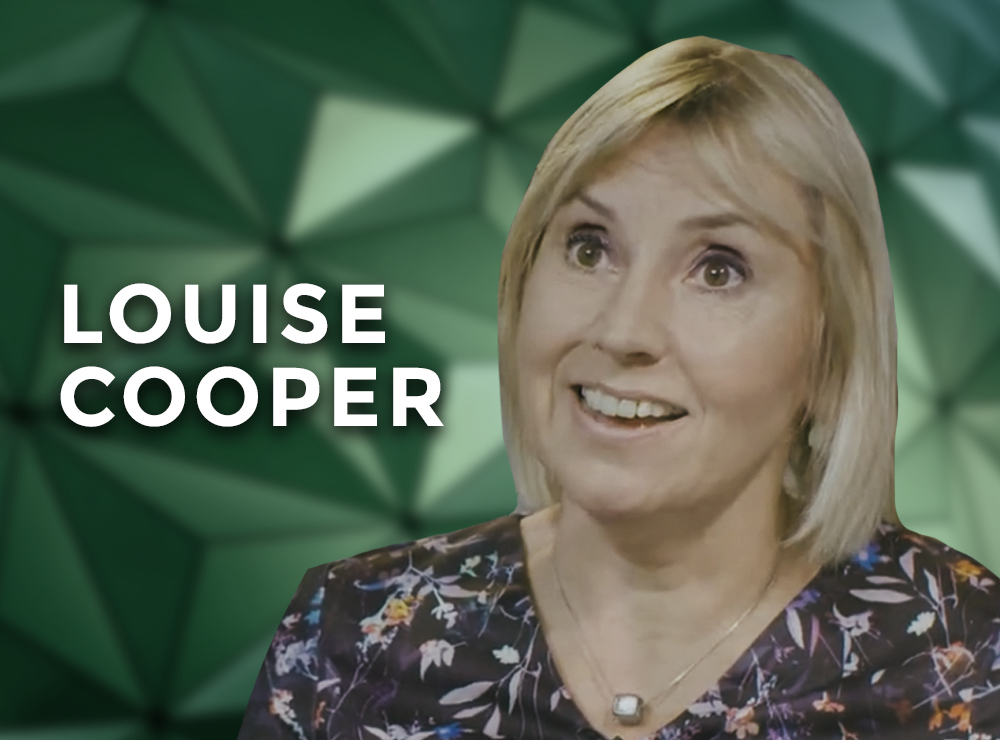
Louise Cooper: Five things investors need to know
1. COST IS VERY IMPORTANT
LOUISE COOPER is a straight-talking journalist, based in London, who specialises in business, personal finance, the financial markets and investing.
She has been a presenter on BBC 5 Live’s Wake Up To Money and BBC Radio 4’s Money Box Live. She also writes for several national newspapers and is a regular columnist for The Spectator.
In this, the first of a new series on five important things investors need to know, Louise discusses the issue she considers the most crucial of all — cost.
Louise Cooper, how important a part do fees and charges play in long-term net returns?
Fees are the most important thing that you need to think about when investing. Most people invest for decades. You think about, you’re investing for your children’s education or to buy a home or for your pension — probably the most valuable asset you will ever have, along with your home. That is a multi-decade investment and what people don’t understand is that returns compound, but so do fees. And so if you are paying a one or two per cent fee, your pension could be half the size it should be. I mean, this is the impact. It is absolutely massive. Fees, costs… are everything!
Why do you think investors haven’t been warned about costs more than they have been?
Where does the money go? To the pension fund, to the fund manager. And of course, costs are quite complicated, and it benefits the fund manager to hide those costs. So unsurprisingly, as investors, as consumers, we have very little information about true costs. Costs have been hidden — still are hidden from investors — and that’s because fees make so much money for the fund management industry. Huge amounts of money. If it’s costing you, it’s going to the fund manager. So, unsurprisingly, it’s very difficult to get information from fund managers about costs.
Why do you think, when choosing funds, investors are more focused on factors other than cost, like past performance?
Investors aren’t focused on cost because the fund management industry doesn’t tell them it’s important. Most of the fund management industry pretends that investment performance is everything. It is not! The number of individuals that can outperform a market year after year after year, decade after decade, could probably be counted on one hand.
The point about investment performance is that, like anything, it has a normal distribution. So in any year, there will be some funds that outperform, some of them on the right tail of that normal distribution, that do well. So what the fund management industry does is market the hell out of those few funds. Stupidly, investors then buy those funds. But, because one year’s performance is no guide to future performance, those top-performing funds one year, become the bottom-performing funds for the next year, by which time they’ve got investors’ money, and investors don’t bother to check.
So that is why we have this ridiculous focus on investment performance — because it benefits the fund management industry. It does not benefit investors. It is completely pointless. Forget about alpha, that little extra outperformance, because it pretty much doesn’t exist. Just get beta — the average stock market performance. If you get the average, year in and year out, at low cost, over ten or 20 years, that will blow the lights out and do so much better than this year’s top performing fund, that then performs terribly for the next ten years.
What can investors do to make sure they’re not overpaying?
The first thing that you, as an investor, needs to do is get a grip on what costs you are paying. That is almost impossible to do, because fund management houses don’t disclose them. They’re not on the marketing literature. It’s very difficult to get a sense as to the full amount.
Virtually all my discretionary money — the money that I control — is in with one manager, Vanguard. I pay about 0.4 per cent a year, pretty much all in, for my LifeStrategy 80% equity fund. 0.4 per cent. I bet if you have a look at all your funds in detail and really try to get to the bottom of the fees you are paying in total, then it will be significantly more than that.
Investment professionals — people I work with, at Goldman Sachs or wherever — boast to each other about how low a fee they are paying. So the people who work in the industry boast that they understand that fees are everything and they boast to each other how low a fee they get. That tells you everything you need to know about the importance of fees.
You can learn more about Louise Cooper on her website.
PREVIOUSLY ON TEBI
Ken French on the danger of false positives
New start? It pays to speak to a financial planner
The 60/40 portfolio ain’t broke
Passive growth makes it harder to generate alpha
A mindful way to pay your bills
What does history tell us about the value rally?
Should you buy stocks with very negative performance?
Can you measure your financial wellbeing?
FIND AN ADVISER
The evidence is clear that you are far more likely to achieve your financial goals if you use an adviser and have a financial plan.
That’s why we’re now offering a service called Find an Adviser.
Wherever they are in the world, we will put TEBI readers in contact with an adviser in their area (or at least in their country) whom we know personally, who shares our evidence-based investment philosophy and who we feel is best able to help them. If we don’t know of anyone suitable we will say.
We’re charging advisers a small fee for each successful referral, which will help to fund future content.
Need help? Click here.
© The Evidence-Based Investor MMXXI









